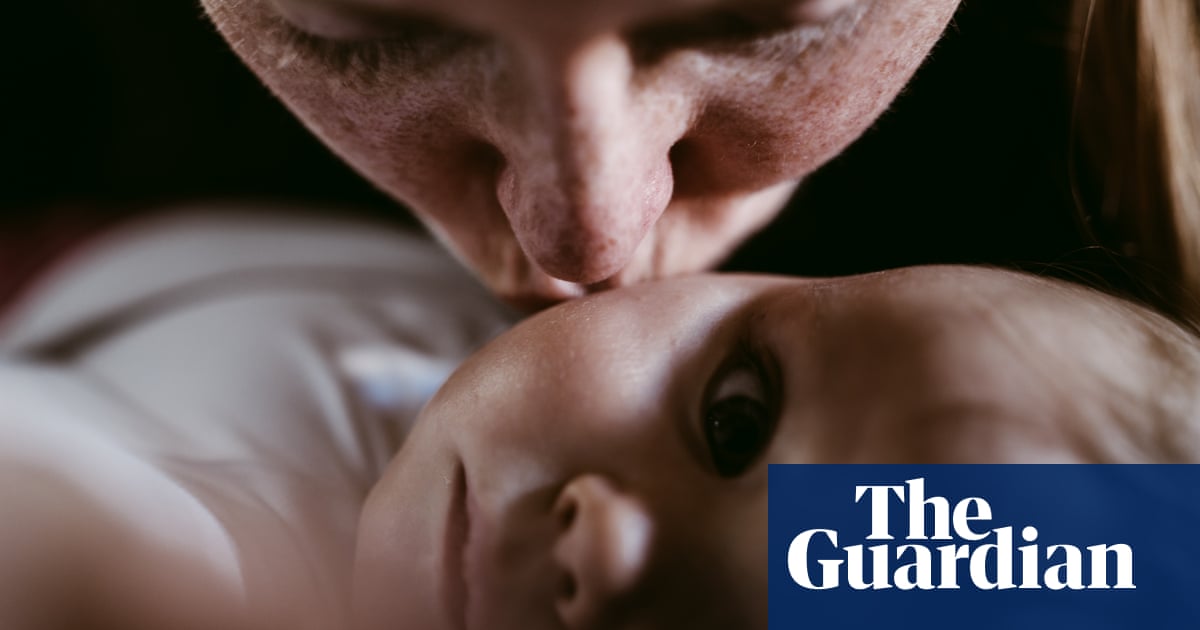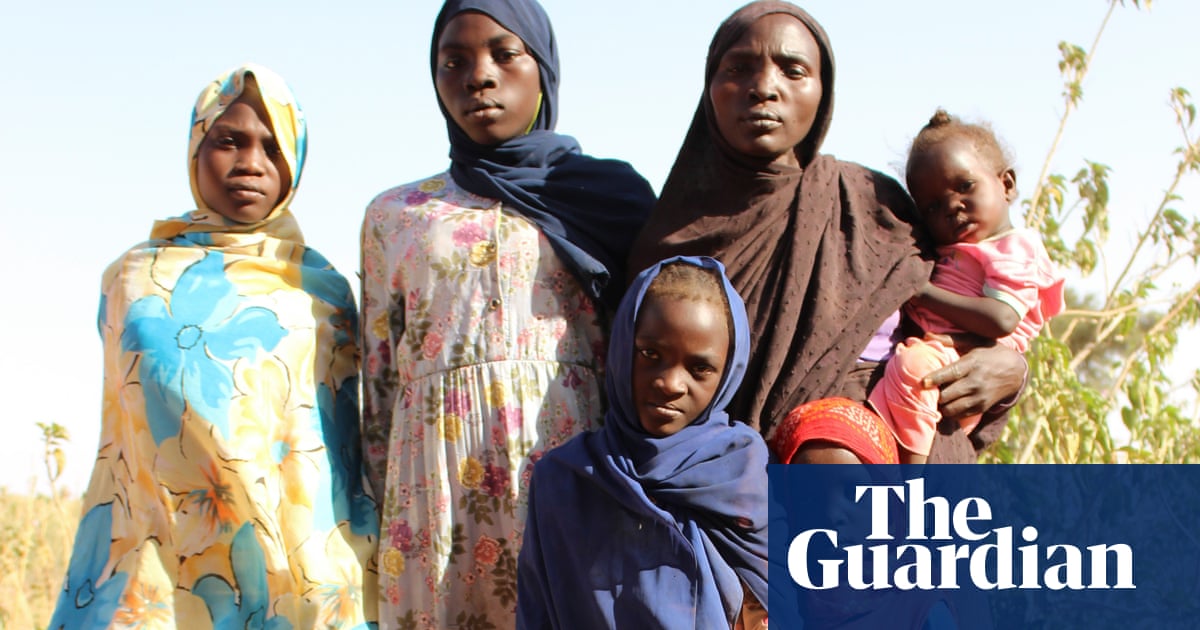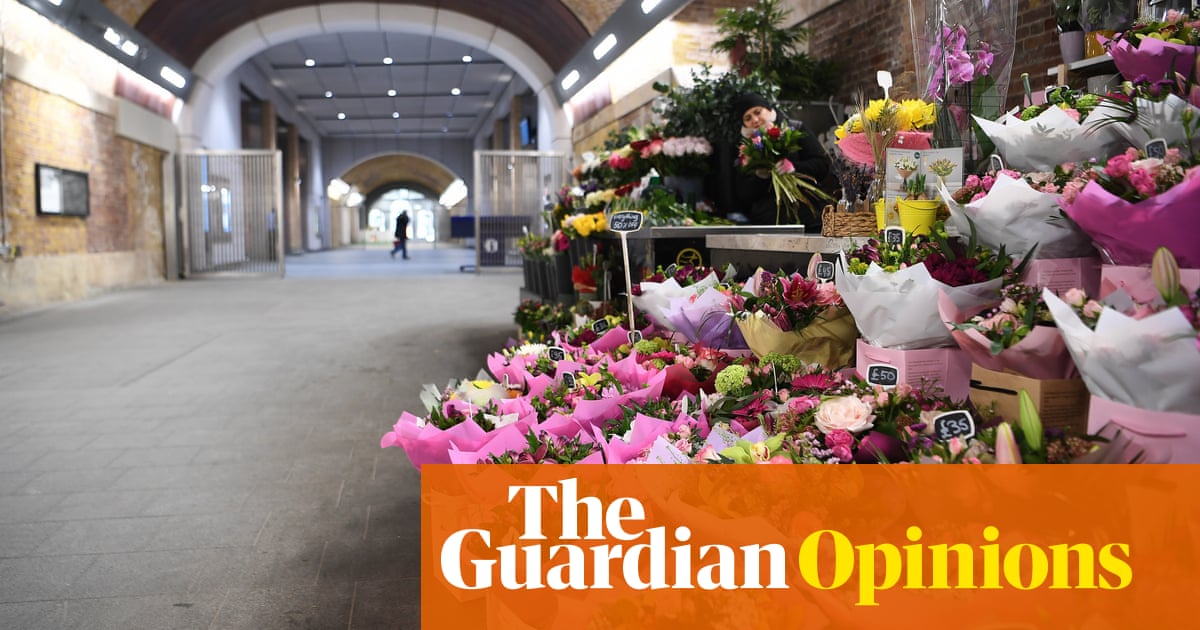
Spring is arriving late in the holy land this year. The weather is rather cold and gray with only the very occasional ray of sunshine. The political situation feels similarly overcast; if there is anything that unites the Israelis and Palestinians who share this small piece of land, it is that neither side believes a breakthrough is likely in the stalemate between them, and both apportion the lion’s share of responsibility for this situation to the other.
There is also a recognition on both sides that the international community is displaying a declining interest in what is taking place between these two antagonists, which is something that Israelis welcome and the Palestinians look on with genuine dread as an enabler for the occupation to continue indefinitely and with total impunity.
Whether it is the pandemic, climate change, or more recently the war in Ukraine, the world’s priorities have changed dramatically, and the Israeli-Palestinian conflict is way down the list of the international community’s priorities as it directs its energy and resources elsewhere.
Moreover, a consensus prevails among both Israelis and Palestinians that, for now, the peace process is in the deep freeze and that, at best, the conflict can only be managed rather than resolved. It would be too simplistic to talk of this never-ending conflict just in terms of Israelis versus Palestinians, because the divide between Gaza and Hamas, and the independent — one might say defiant — stand taken by the illegal settlers in the occupied West Bank, are making the situation way more complex.
External factors in the region and beyond are influencing and complicating the situation even further. Consequently, there is no horizon for a final settlement, which begs the question: What options are left open to improve the life of Palestinians so as to ensure their political, civil and human rights, and also to avoid another round of violence and bloodshed?
There is an array of reasons why the current deadlock is proving impossible to break but, unquestionably, the combination of an asymmetric conflict in which one side wields most of the power, and political systems that at best are only partially functioning on both sides, are not conducive for progress toward a just and a lasting solution.
As a consequence of this imbalance of power in its favor, Israel — though not without obvious vulnerabilities — does not feel any sense of urgency to make meaningful concessions even to improve the daily lives of Palestinians, let alone advance the cause of a fair and lasting peace. The reality is that most of the Jewish population remains completely indifferent to the hardships endured by their neighbors on the other side of the Green Line, while their settler brethren are doing their best to make a two-state solution impossible.
Palestinians and Israelis share a small piece of land but their daily experiences are very different.
Yossi Mekelberg
Most worrying is the fact that the discourse of peace, or even coexistence, is fast disappearing in both societies, with very little sign of readiness to engage with one another. For the Israelis, their complete control of the most important aspects of their relations with Palestinians, coupled with their complacency and the propagation of the narrative that there is no Palestinian partner with which to negotiate, has resulted in utter rigidity in dealing with even the most prosaic daily issues, and not even the slightest inclination to engage in moves to accomplish a comprehensive solution that will satisfy both sides.
For the Palestinians, the combination of a number of factors has led to profound frustration and a sense of hopelessness: Their lack of unity, driven by the hostility between Fatah and Hamas; the geographical separation between the West Bank and Gaza; the grave economic hardships; the oppression of the military occupation; and the disinterest of the international community.
There is an obvious generational divide in the way Palestinians view their relationship with Israel and how to handle the occupation. The older generation, who experienced the Oslo years, still sees statehood and self-determination as the panacea, despite their anger at Israel for depriving them of this, and their resentment at the international community’s reluctance to lean on Israel or at least facilitate moves toward a viable peace process.
But for the younger generation, statehood is secondary to rights-based discussions. They have no wish to remain deprived of their basic human rights until there is a peace agreement. They want their rights returned and acknowledged first, to be followed by the political arrangements that will guarantee them.
Moreover, if the Oslo generation has been longing for people-to-people programs and projects, the younger generation, born after the First Intifada, views the idea of meeting with those who belong to the very same people who daily torment them as the normalization of an abnormal situation of living under occupation. Hence, they refuse to take part in such activities, even if you suggest to them that such meetings do not represent a legitimization of the current situation, but are aimed at creating a safe space for their concerns and grievances to be aired and heard.
It is the unfairness of the situation and the lack of a constructive path out of it that frustrates Palestinians, regardless of whether or not they have a clear plan for making their aspirations a reality.
For the Israelis, despite the fact that the Palestinian issue is on their doorstep and part of what has defined their country since 1967, any move toward a rights-based discussion is seen as a threat, a non-starter, or both. Instead, the discussion is about how to turn the separation between the two peoples into a permanent state of affairs, which would involve reducing the “demographic threat” to the Jewish majority in Israel without increasing what are perceived as security threats.
Israel’s political system might not be as fragmented as the Palestinian one but a coalition government with a slim majority of just one cannot do — and, on the whole, is not interested in doing — more than merely minimizing the possibility of violence while making as few political concessions as possible.
Hence its focus is on defusing contentious issues at the local and technical levels, such as allowing more Palestinians to work inside Israel or addressing water or electricity shortages, but not on the bigger picture of ending the occupation and ensuring that everyone living between the Jordan River and the Mediterranean enjoys security and equal rights. The current mood favors separation from the Palestinians rather than coexistence.
Palestinians and Israelis share a small piece of land but their daily experiences are very different. Most of them no longer encounter each other and are de facto separated. Their main form of engagement is that of occupier and occupied, which leaves negligible space to contemplate notions of peace, peaceful coexistence or reconciliation.
• Yossi Mekelberg is professor of international relations and an associate fellow of the MENA Program at Chatham House. He is a regular contributor to the international written and electronic media.
Twitter: @YMekelberg
Disclaimer: Views expressed by writers in this section are their own and do not necessarily reflect Arab News" point of view












